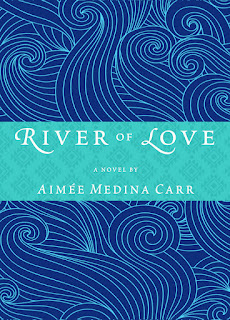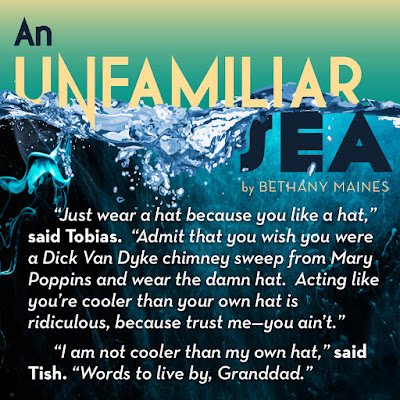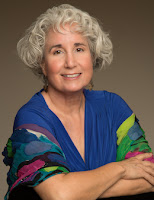Babies in Cages by Juliana Aragon Fatula
Dear Reader,
This
photo was taken at Dillon Beach, California on a summer day with my comadre,
Aimee Medina Carr, the author of the novel, River of Love. Homebound
Publications releases this coming of age novel on Sept. 24th, 2019. I am
celebrating along with the author because this was my first attempt at
mentoring a new writer into the world of writing, editing, revising, revising,
revising, submitting, publishing, promoting, and enduring the success that
comes with publishing your first book.
Aimee and I have a relationship that goes back to the ’60s. Yes, you heard me
right. I said the 60’s. We grew up in a small community in Southern Colorado.
The headquarters in the ’20s of the KKK.
We survived and went onto become educators, filmmakers, writers, performance
artists, poets, novelists, mothers, wives, and friends. They say blood is
thicker than water; however, our blood connects us in more ways than just being
from the same ancestry. We grew up in the ’70s and survived. We are survivors. We did what we had to do to survive. Now it’s 2019, and we are both published and accomplished writers.
We write to set ourselves free but to free the minds of others who need
freedom. I write for my students who are growing up in a community of racism.
Yes, I said it. Racism. Aimee and I survived because we had each other. Now we are
grown-ass women, and we see babies in cages, and our blood boils. How can it be that after all of the protesting, voting for equal rights,
women’s rights, LGBTQ rights, that government continues to rape, plunder, and violate
all that this country stands for? I’m outraged.
Aimee and I continue to fight racism with words from two girls who survived the racism of a place
that had removed the Southern Ute from their winter hunting grounds,
removed African Americans from their homes by burning crosses in their yard. The kids who live here no
longer hear those stories. We plan to change that. We educate the next
generation of what happens when the place is stolen, and innocents are hung,
shot, killed, and displaced. It’s called gentrification.
educating and or entertaining the person who reads the book and then tells a friend, who tells a
friend, who ends up sharing the lesson to their students, who grow up knowledgeable about racism and pass it on to the next generation.
mine. They were vastly different experiences; however, we learned about
homophobia and xenophobia and racism. Yes, all three. Oh, and sexism. Don’t
forget how women have been disrespected and violated over the centuries. So we
could cry, victim; or we could do something about it. We did something about
it. We wrote. We wrote about our heartaches, our mistakes, our successes, our
growth as human beings. We told our stories on paper, and I tell my stories on
stages to educate to entertain, to explain racism in this country.
Two brown girls taking on the country with pens in hand. We didn’t know white privilege, look at those brown faces, eyes, hair, and
souls in these photos.
stories. Our ancestors rest in their graves, knowing we will tell their stories
to any who will listen. We write about what it is for us to be Chicana in this
country. We are both Mexican and Indian. We are Mexican-Indians. Not Mexican
Americans. We hang onto our indigenous roots. We have ancestors who never
crossed the border. The border crossed us.
stolen children. What are we going to do to free them?







